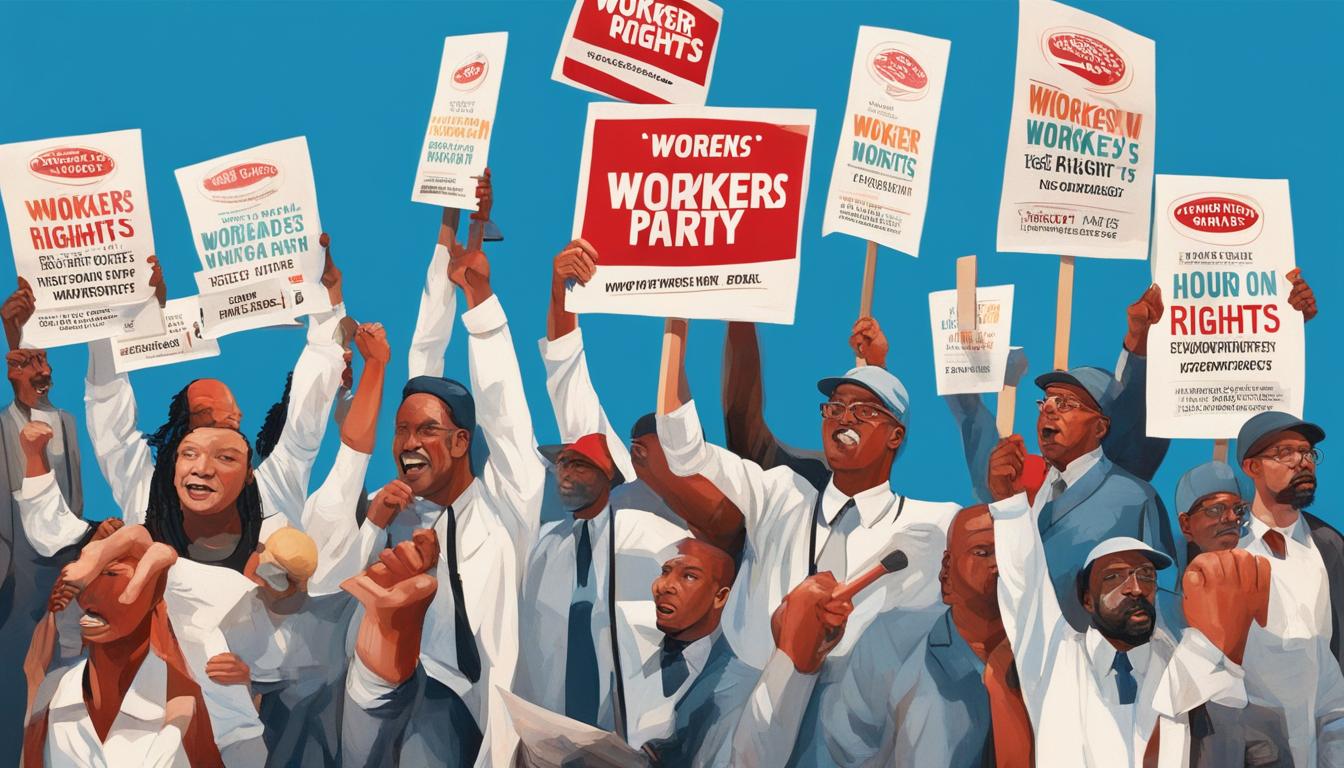Trade unions are wary of the Labour Party’s adjustments to its workers’ rights package, fearing compromises that might dilute fundamental protections in response to business pressures.
Trade unions are expressing concern over potential changes to the Labour Party’s promised enhancements to UK workers’ rights, as Labour prepares to introduce a revised employee rights package. The original “New Deal for Working People,” launched in 2021, included measures to end zero-hours contracts, improve sick pay, and address anti-strike legislation. Recent revisions are reportedly being made to address business concerns, introducing policies as “draft legislation” for further consultation. This adjustment aims to give businesses a chance to influence Labour’s agenda should they come into power.
Union leaders, including Matt Wrack from the Fire Brigades Union, are urging Labour to maintain its commitments and quickly implement the proposed changes. Some union leaders have supported Labour leader Keir Starmer, emphasizing their confidence in his commitment despite criticisms of dilution to appease business interests. Deputy leader Angela Rayner has likened the pushback to historical resistance faced during significant labour reforms, such as the introduction of the minimum wage.
The revised proposals suggest that instead of a ban, zero-hours contracts would be replaced with contracts reflecting regular work patterns, with an option for workers to choose zero hours. This move has raised concerns among unions about potential exploitation, urging Labour to stand firm on its initial promises.
Despite the contention, Labour spokespeople have reaffirmed their intention to deliver the New Deal within the first 100 days of coming to office and consult extensively on its final form. This development comes as Labour navigates balancing broad worker interests with business perspectives, aiming for a compromise that could reshape employment rights in the UK.













